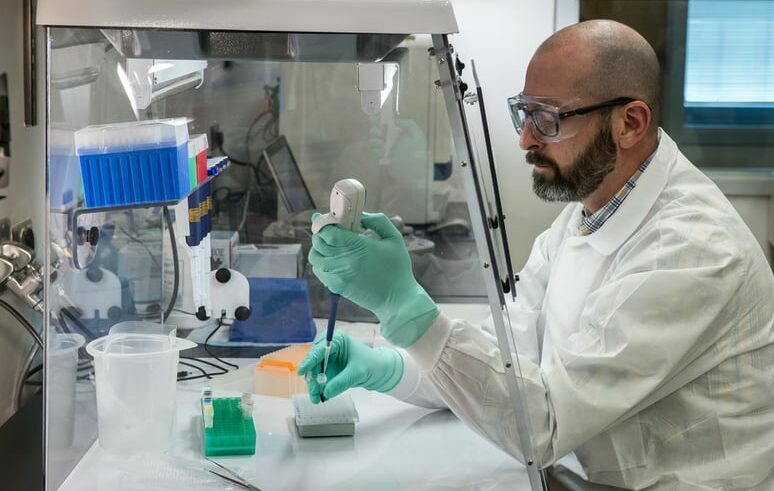The vast majority of people infected with SARS-CoV-2 develop antibodies, however, the exact time that these antibodies protect the person from a possible second infection with the virus has not yet been determined. A clear answer is now imperative with the imminent start of vaccinations for SARS-CoV-2 worldwide.
In the current study, the researchers studied the incidence of SARS-CoV-2 infections in approximately 12,500 health professionals aged 28-49 from 4 University Hospitals in Oxfordshire, UK for 31 weeks (approximately 8 months), from April to November 2020. At the start of the study, all participants were tested for the presence and levels of antibodies against the anti-S protein (anti-S) of the new coronavirus. The main observation was that only 1,177 of them (9.4%) had developed antibodies, while another 88 (0.7%) underwent seroconversion (ie showed antibodies) during the 8 / month study. Of all antibody-positive participants, 68% said they had COVID-19-compatible symptoms, but only 37% had a positive molecular test (PCR). All health workers were monitored by repeated molecular tests every 2 weeks and repeated antibody tests every 2 months, both against the SARS nucleotide capsule protein (anti-S) and against the nucleocapsid protein (anti-N).
The results showed that of those who did not initially have anti-S antibodies, about 2% showed a positive molecular test (ie infected with the new coronavirus) during the study. Surprisingly, about half of them were and remained completely asymptomatic, ie did not show any symptoms of the disease from the new coronavirus COVID-19. The second important result was that those who had anti-S and / or anti-N antibodies at the beginning of the study, whether or not they had symptoms (ie, were symptomatic or asymptomatic, respectively) when they were re-infected with SARS-CoV-2 showed no COVID-19 compatible symptoms. These results are a strong indication that antibodies produced after the first infection with the new coronavirus provide protection against re-infection for at least 6 months. The third important point was that protective immunity is provided by any type of anti-SARS-CoV-2 specific antibody that the body has developed, either against the protein-pin (anti-S) or against the nucleoprotein (anti-N) or against both. Finally, 24 health professionals who initially had a positive molecular test (hence were infected with SARS-CoV-2) and were negative for antibody tests when they came in contact with the virus again were not re-infected. In fact, the antibody levels of these 24 individuals were found to be negative but close to the positivity threshold as defined by the test companies, indicating that even low levels of antibodies have a protective effect in the event of re-infection. The researchers even point out that T-cell activation is also involved in protective immunity against the new coronavirus, although tests to detect anti-SARS-CoV-2 specific T-lymphocytes, due to cost and specialized laboratory techniques, cannot be used properly. In conclusion, and although this study is limited to UK healthcare workers, people who have antibodies to SARS-CoV-2 have a significantly reduced risk of coronavirus re-infection for at least 6 months after their initial infection.
Comment:
- Can we consider the above results as promising? In terms of the vaccine possibly yes, since the additive booster effect (2nd dose) may strengthen the above hypothesis and prolong the protection.





